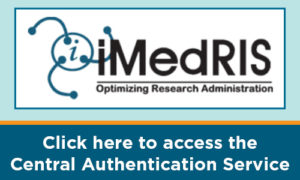What is a Protocol Deviation?
A protocol deviation is any departure from the study procedures as specified in the IRB-approved protocol. For example, a protocol deviation may involve using an unapproved version of a consent form or recruitment flier, or it may involve implementing some other change to the study protocol without first receiving IRB approval.
In some rare instances, deviations from the protocol may be necessary to eliminate an apparent immediate hazard to a participant. However, all other changes to the protocol must be submitted to and approved by the IRB prior to implementation.
What is Study Noncompliance?
Examples of noncompliance include beginning a research project without first receiving IRB approval, enrolling more participants than the IRB has approved, or not submitting a continuing review on time.
When Should I Report a Deviation or Noncompliance?
Investigators and their study staff are required to report instances of possible noncompliance to the IRB within 7 working days of discovery using the Reportable New Information form in iMedRIS.
Additionally, anyone may report concerns of possible noncompliance to the HRPP or IRB verbally, by email, or other means. In such cases, the reporting party is responsible for making these reports in good faith, maintaining confidentiality and, unless reporting anonymously, cooperating with any subsequent fact-finding in relation to the report.
If an individual, whether investigator, study staff or other, is uncertain whether there is cause to report noncompliance, he or she may contact the HRPP Director or IRB Chair directly to discuss the situation informally.
